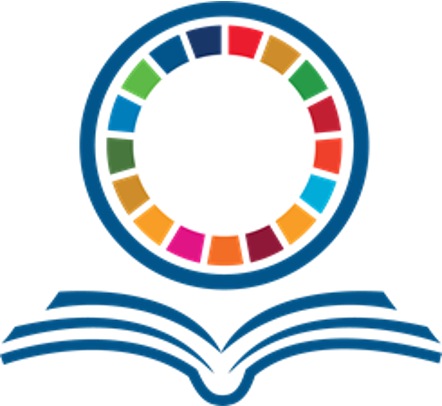
The Teaching & Learning Subcommittee (T&L) aims to support the development of sustainability curriculum pathways for every undergraduate student. It also provides guidance on instilling sustainability in community-engaged learning initiatives and student workshops.
Teaching & Learning Subcommittee Goals
- Sustainability curriculum pathways for every undergraduate student
- Sustainability community of practice for faculty
Membership
Tim Chan (Co-Chair), Associate Vice-President and Vice-Provost, Strategic Initiatives, Office of the VP, Research & Innovation; Professor, Mechanical & Industrial Engineering
Hilary Inwood (Co-Chair), Lecturer; Coordinator, Sustainability & Climate Action Network, OISE
Rena Banwait, Director, Experiential Education and Community Engagement, Office of the VP Academic & Dean, UTM
Michael Classens, Undergraduate Associate Director; Assistant Professor, School of the Environment, FAS
Andrea Cortinois, Assistant Professor, Global Health, DLSPH
Heidi Craig, Assistant Professor, English, UTSC
Cristina D’Amico, Faculty Liaison Coordinator, Graduate Student Development & TA Training, Centre for Teaching Support & Innovation (CTSI)
Heather Hermant, Lead Coordinator, Academic Initiatives, Centre for Community Partnerships (CCP)
Alexandra Rahr, Director, Undergraduate Programs & Student Experience; Associate Professor, Munk School of Global Affairs & Public Policy
Shannon Simpson Senior Director, Office of Indigenous Initiatives
Sarah Urquhart, PhD Candidate, OISE
Project Manager: Ayako Ariga
Teaching & Learning Initiatives
Sustainability Pathways Program
U of T Sustainability Pathways are clusters of courses and co-curricular activities with a common theme of sustainability that allow students to explore sustainability from various disciplinary, methodological, and practical perspectives. We aim to develop and offer these curricular and co-curricular pathways to all undergraduate students to provide each student with the opportunity to incorporate sustainability learning into their program, regardless of the degree program they are in, and to develop cross-cutting interdisciplinary skills. Learn more at the Sustainability Pathways Program page here.
Community of Practice on Sustainability Teaching
The Community of Practice (CoP) on Sustainability Teaching brings together U of T faculty and doctoral students across campuses to discuss and critically analyze the what and the how of teaching sustainability towards transformative and intersectional approaches to sustainability teaching. The CoP began in the winter of 2022 with funding from the School of the Environment, and support from the CECCS and OISE. It was designated as a Jackman Humanities Institute Working Group for 2022-23. For further information on past and upcoming events, and to get involved by being added to their mailing list, visit their website: Community of Practice on Sustainability Teaching | Ontario Institute for Studies in Education (utoronto.ca)
Community-Engaged Learning Work
University as Agent of Change and Student Leadership are two of the cross-cutting themes of the CECCS, and are evident in the Committee’s support of the University community to work more actively with private, public, and civil society sector partners on sustainability issues, with a particular focus on student engagement. The CECCS has continued its focused efforts on increasing sustainability in community-engaged learning (CEL) courses at the University. Students learn their part or position in the world through applied projects in these CEL courses. As sustainability is thought to be an ethos or a way to think and be in the world, CEL is a way to build these mature thinkers.
In May 2019, the CECCS jointly hosted a Sustainability CEL Workshop with the Centre for Community Partnerships (CCP). The active discussion topics included the importance of moving away from the notion of sending ‘expert students’ and into adopting a co-production of knowledge mode, attempting to leverage student learning and integrate it into the community.
In March 2021, a follow-up workshop was held as part of CCP’s CEL Instructors Community of Practice Gathering series. The participants again discussed the value of CEL experience and delved into the discussion on CEL course design and building an interdisciplinary and participatory community of practice that shares knowledge and learnings.
Campus as a Living Lab
The Campus as a Living Lab (CLL) projects aim to bring together faculty members, students, staff, and, where appropriate, external partners to collaborate on developing sustainability projects that combine operational and academic activities. Such projects contribute to the operational sustainability goals of the University while providing an opportunity for research and experiential learning, where students are directly involved in addressing real world sustainability problems of interest to the University.
Learn more about Campus as a Living Lab here.
Student Agent of Change Workshops
The CECCS is currently in the process of creating a series of workshops to equip students with the skills, tools, and knowledge to become an effective Agent of Change for sustainability in their place of employment after graduation.
